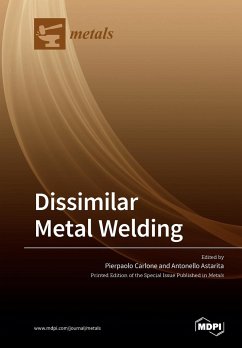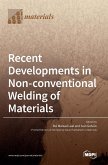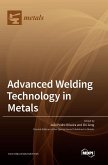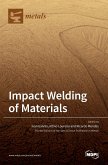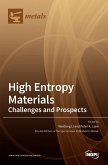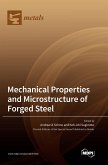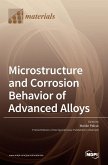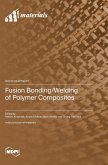The combination of distinct materials is a key issue in modern industry, whereas the driving concept is to design parts with the right material in the right place. In this framework, a great deal of attention is directed towards dissimilar welding and joining technologies. In the automotive sector, for instance, the concept of "tailored blanks", introduced in the last decade, has further highlighted the necessity to weld dissimilar materials. As far as the aeronautic field is concerned, most structures are built combining very different materials and alloys, in order to match lightweight and structural performance requirements. In this framework, the application of fusion welding techniques, namely, tungsten inert gas or laser welding, is quite challenging due to the difference in physical properties, in particular the melting point, between adjoining materials. On the other hand, solid-state welding methods, such as the friction stir welding as well as linear friction welding processes, have already proved to be capable of manufacturing sound Al-Cu, Al-Ti, Al-SS, and Al-Mg joints, to cite but a few. Recently, promising results have also been obtained using hybrid methods. Considering the novelty of the topic, many relevant issues are still open, and many research groups are continuously publishing valuable results. The aim of this book is to finalize the latest contributions on this topic.
Hinweis: Dieser Artikel kann nur an eine deutsche Lieferadresse ausgeliefert werden.
Hinweis: Dieser Artikel kann nur an eine deutsche Lieferadresse ausgeliefert werden.

